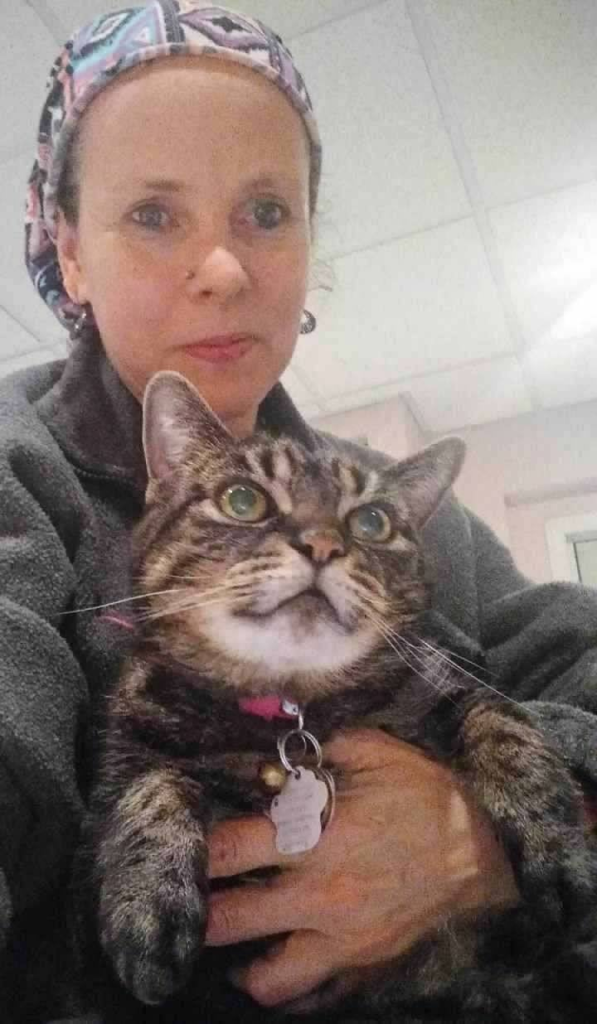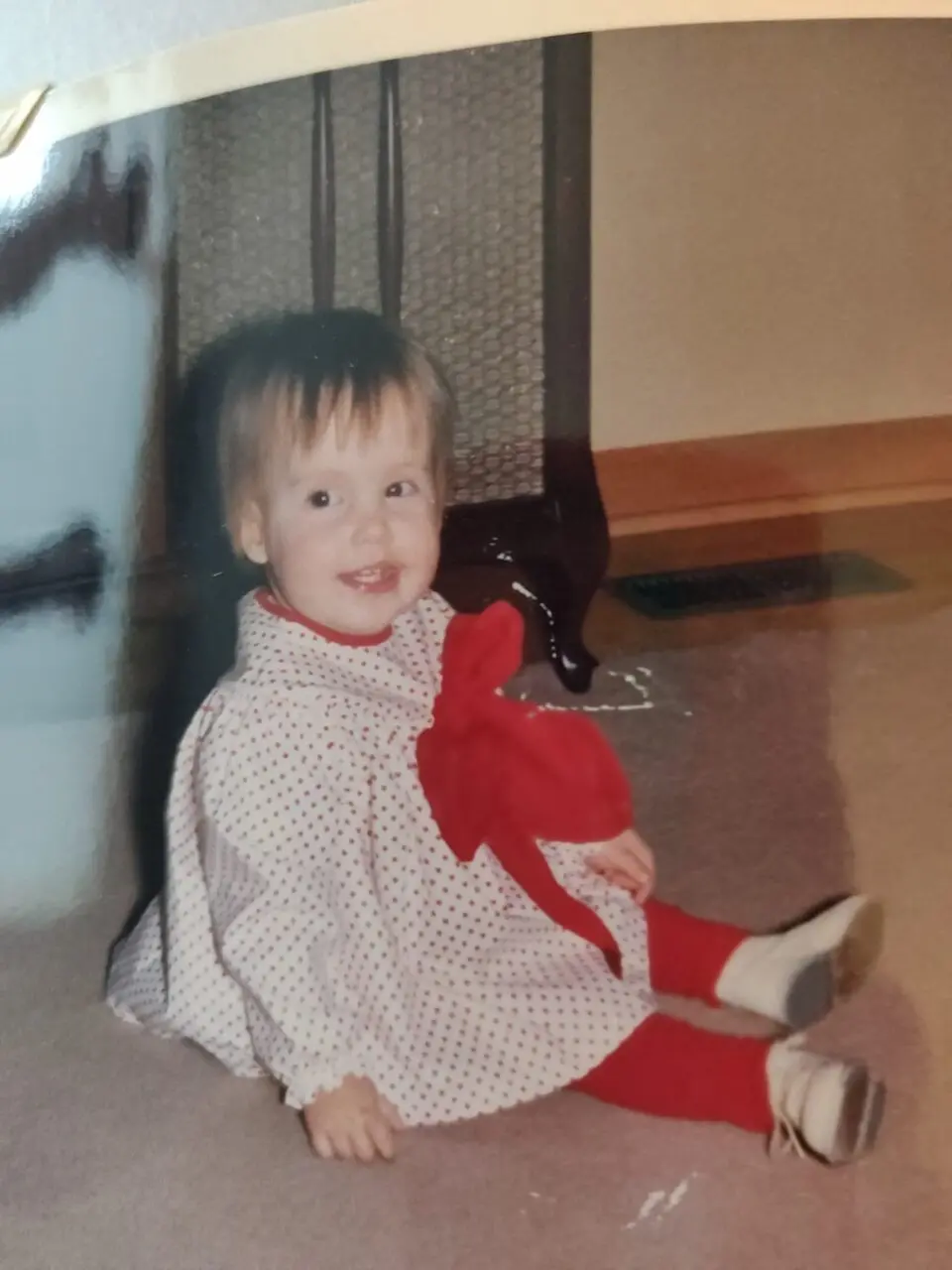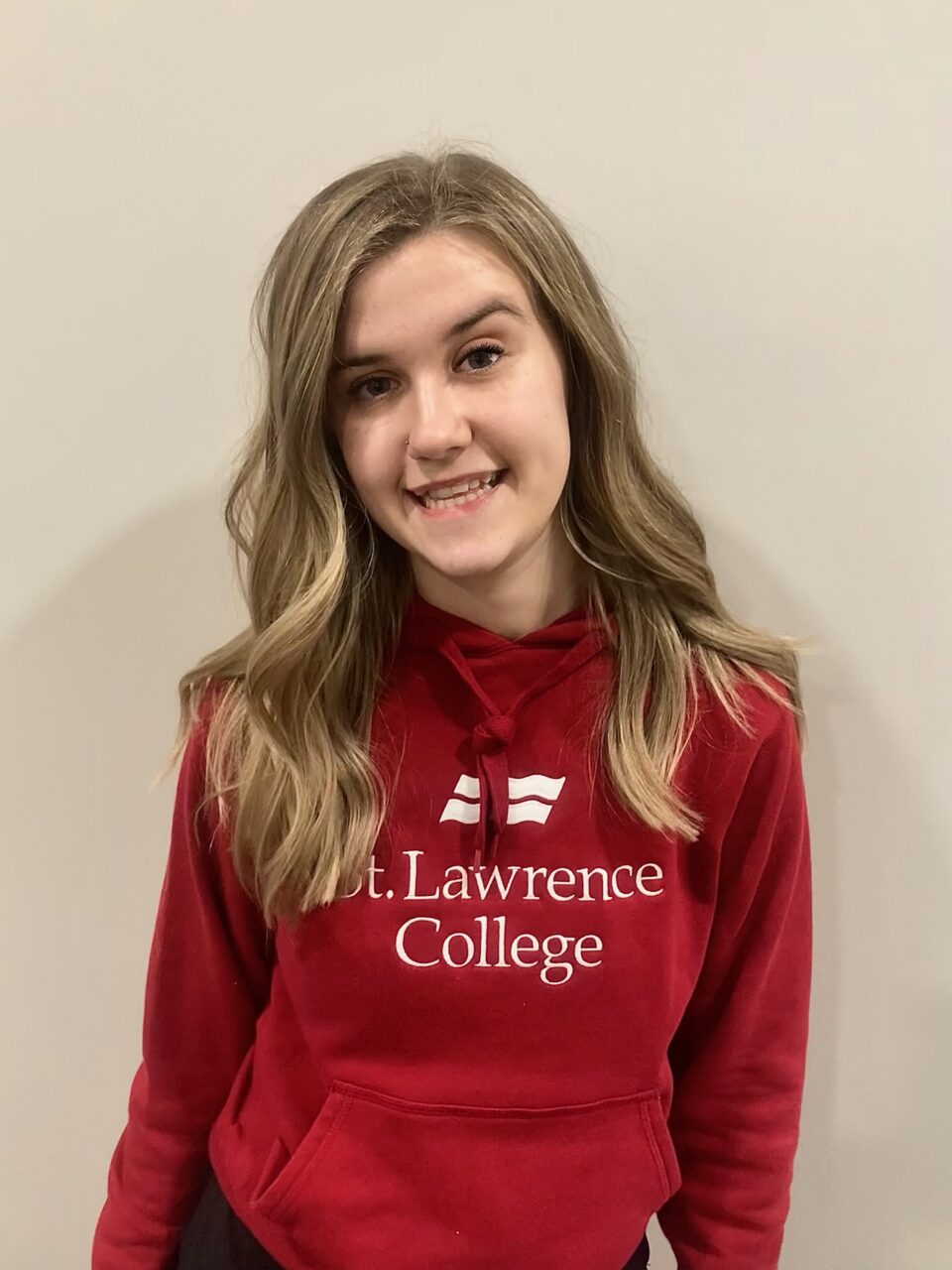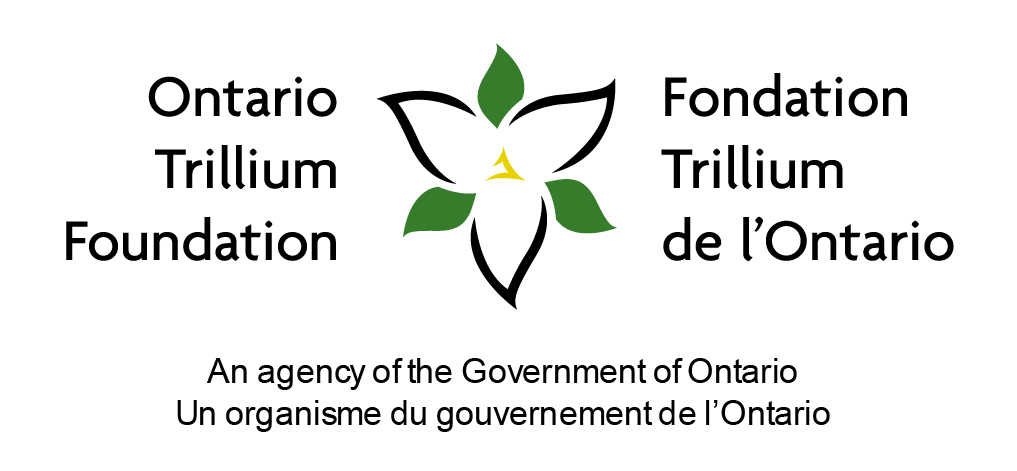Lisa Robinson: Navigating life on her own terms
by Mary Dufton
Lisa Robinson was born with hydrocephalus and has faced both mental health and addiction challenges. Today, the 49-year-old Ottawa resident is thriving and living life on her own terms. She shares her story of resilience.
Hydrocephalus affected Lisa’s vision. It caused an executive functioning disorder and reduced speed of functioning. Lisa had eleven hydrocephalus-related surgeries until she stopped growing at age 14.
The first surgery a few days after she was born was to stop the cerebral spinal fluid from leaking out of a cyst on the top of her head. As a result, she had permanent damage in her left eye. It was referred to as a jiggly or crossed eye and took two surgeries to correct.
Her last surgery for hydrocephalus in 1988 at age 14 was both a horrific experience and a major turning point in her life.
She went to school that day but was feeling weak. Her mother took her to emergency at the nearest hospital. It turned out that the shunt tubing had burst in her belly area. It had started as a cyst and then leaked cerebral spinal fluid. She was admitted and put on bed rest. Despite her discomfort, Lisa was advised to stay still, not raise her head, and wait for shunt surgery. The surgeon would not be available for 22 days.
When her mother shared Lisa’s story with the media, Lisa was flown by air ambulance to the Hospital for Sick Children (Sick Kids) in Toronto. Not only did Lisa have the much needed shunt surgery, which prevented a potential brain infection and probably saved her life, she met other children with hydrocephalus for the first time.
The hospital gave Lisa books and other literature which explained hydrocephalus in detail. Lisa says she no longer felt stupid and now felt empowered. She understood that her learning difficulties related to information processing and focusing were not her fault.
“The nurses were stellar at teaching me about it. The doctor included me in meetings with my mom whereas in my previous experiences, the doctor would take mom out into the hall right outside my door so I knew they were talking about me, but I couldn’t hear.
“Sick Kids was eye opening. When my shunt kinked a couple months later mom took me straight back to Sick Kids just in time to treat it as I was weak. When I got to emergency, I was given a bed and hyperventilated then had a seizure.”
Lisa is grateful for the approach that Sick Kids took in her treatment and care.

She remembers being cross-eyed until she had corrective eye surgery at age 14 and being called names. Having an in-class tutor in grade five for math help only added to the teasing she was already experiencing.
“I always wanted to know that I was not alone with my hydrocephalus, yet it was an invisible illness, and I was fully integrated with ‘normal’ people. I did not and still do not feel that I can talk to mom about my hydrocephalus other than my symptoms.
“I know she feels it is her fault because another family member on her side was also born with it. I don’t want to upset her.”
Things are different now for the two women as they continue to work on building their relationship and setting boundaries.
“I have always had anxiety,” Lisa says. “This manifested as rages starting as young as I can remember. In my teen years I had long periods of depression. I have bipolar, obsessive-compulsive disorder, post traumatic stress and panic disorders. When I was
22, I spent six weeks at Homewood Mental Health Centre in Guelph. I was in and out of acute psychiatric wards and was a drug and alcohol addict.”
Lisa has also lived in several community mental health shelters for women from the age of 25 to 32. She lived in a group home for five years because she needed on-going mental health support, and her home environment was not safe.
For the past 19 years, Salus Ottawa Corporation has provided Lisa with a mental health worker and a recreation therapist. The organization creates opportunities for adults with mental health and substance use challenges to live independently by improving access
to housing and community supports.
Lisa lives in the Ottawa area with a roommate and cats. While Lisa has accessed Salus longer than what is considered typical, her worker understands that Lisa only has her mother and a few friends for support. She is easily overwhelmed.
“My Salus worker helps me by talking to me on the phone, or through email and text. She visits me now less often, maybe once a month instead of every two weeks. She explains to me how to navigate services such as extra ODSP funding, Para Transpo, etc. My Salus worker also helps me when I am afraid to talk to mom. She will be the go-between to calm mom down and explain that I need a time out with her.”
Lisa is thriving and knows how to access support from her mother, therapist, friends and online mental health, addiction, and LGBTQ support groups – some of which she chairs. Lisa also has her own You Tube channel where she talks openly about living with hydrocephalus and her mental health.
Physically fit, Lisa loves exercising and was a competitive runner in school. Today, she lifts weights, has an indoor trampoline, and walks in nature with her cats, friends, and neighbours, often sharing videos of the scenery.
She has travelled as far away as South Africa. Lisa also enjoys attending the Ottawa branch of the Hydrocephalus Canada Tasters club where she can share her experiences and learn from them. “I get to meet people who have hydrocephalus for the first time since I was 14. I love eating out and being with people who are fun. We love to laugh – and I learn about other issues related to hydrocephalus.”
Lisa wishes she had met others with hydrocephalus when she was younger. She believes it is important to talk openly about your feelings and experiences rather than focusing on medical symptoms.
She also stresses the importance of having a medical alert bracelet or necklace to guide emergency room staff so they can take immediate action. Lisa urges everyone with spina bifida and/or hydrocephalus to wear one.
Lisa offers the following advice for both individuals and parents of children with spina bifida and/or hydrocephalus: “Talk about it. Be informed. Access as much information as you can online, including Hydrocephalus Canada for resources and support.





